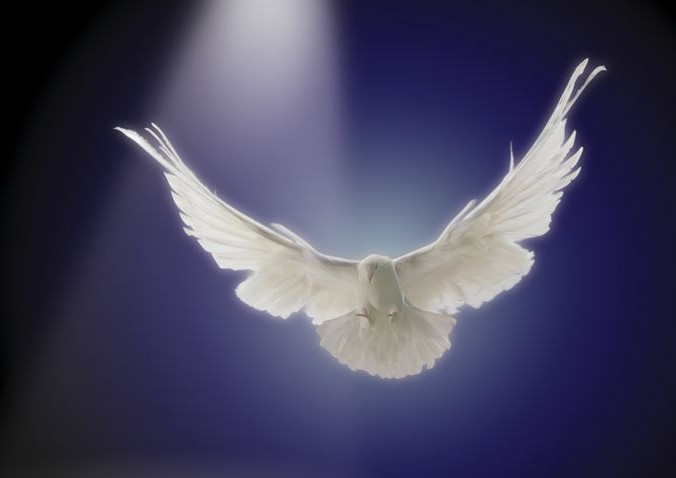Jewish Rites

Judaism views life as the co-existence of body and soul. At death they separate. When a person dies, the soul or neshama stays close to the body that once housed it. It refuses to leave it until it is buried. Only then will the neshama begin to make its way into the realm of the spirits. For this reason a Jewish funeral is always performed as close as possible to the death. In the vicinity of a body one behaves with utmost respect, as if one were standing before a living person. For in a very real way, Judaism still sees the presence of both.
SHMIRAH – GUARD OF HONOUR
Until the body has been interred and covered by earth, a shomer or watchperson remains with it from the time of death. All the while, the shomer will continually recite tehilim. This is a great comfort to the deceased while awaiting burial of its physical form and prior to the spirit’s ascent to eternity.
TAHARA – PHYSICAL PURITY
The physical body is immaculately washed and cleaned and dressed in shrouds of hand-sewn, crisp white natural fabric before its return to earth. This sacred task is performed exclusively by the chevra kadisha, the sacred burial society. Everything is done according to Jewish law and custom, and the laws of hygiene. No unnatural beautification, cosmetics or artificial creation of a life-like appearance is done to the body.
A WOODEN CASKET
Wood, a natural, biodegradable material is the only material permitted for an outer container. Metal caskets are not allowed. Judaism teaches that the body must return to the elements: “For dust you are and to dust you shall return”
EARTH BURIAL
“The dust returns to the earth from where it came, but the spirit onto G-d who gave it.” Judaism teaches that the body must be returned to the earth where it can naturally continue its physical journey. Family and friends are encouraged to complete, if not at least take part in, the covering of the grave with earth. Cremation has no place in Judaism; in fact it is seen as an indignity to the body that housed the soul.

